Education
Emiliano, un niño diagnosticado con TDAH, enfrenta un sistema que no sabe cómo verlo. Mientras lidia con etiquetas y barreras, su madre —periodista guatemalteca y refugiada en Estados Unidos— lucha por abrirle camino, convencida de que su hijo no es un problema a corregir, sino una hermosa mente que el mundo aún no ha aprendido a comprender.
The nation’s most linguistically diverse state has a tortured history with bilingual education in public schools. The Education Department can’t — and the Legislature won’t — do what it takes to repair the damage.
Flouting federal laws, schools routinely fail to provide qualified interpreters. Districts say they lack the resources ‘no matter how hard we try’.
How to stem the deadly tide? Latino communities mobilize amid a rise in fentanyl-related deaths.
Education is critical to recovery for migrant children still coping with the trauma of separation and detention at the border.
The Trump administration's “zero tolerance” policy separated migrant families and truncated the schooling of thousands of children. As they rebuild their lives, resilient youths must cope with persistent trauma.
In this Southern border state, where 45% of the student body is Latino, the battle for representation in key education positions takes a central role in the upcoming elections.
As the number of English Language learners increases across U.S. public schools, so does the need for multilingual educators, but what does it take to fill these critical classroom jobs?
Women scholars open up about the challenges and possibilities of studying and teaching reggaetón in higher education.
In Russellville, Alabama, Superintendent Heath Grimes won national recognition for serving the city’s growing Hispanic student body. Then the district showed him the door.
In 35 states, students have a right to attend high school until at least age 20; a 74 investigation revealed a 19-year-old immigrant was repeatedly turned away.
In Lexington, Nebraska, where two-thirds of residents are Hispanic, hundreds of children lack access to high-quality child care from providers who can communicate with their parents. Something had to change.
Educators, parents and policy-makers are grappling with a new understanding of what children actually need to become good readers. What is the impact on English Language Learners in classrooms across the U.S.?
In Arizona, a legacy of English-only education, systemic racism and xenophobic laws create a mental health crisis among Latino students.
Teen girls across the U.S. are experiencing dramatic increases in depression and mental illness, but social media and the pandemic have compounded the challenges for Latinas and other girls of color. Culturally competent therapy, whole-child educational initiatives and community-based solutions can help.
Amidst a national climate of restriction — with states outlawing critical race theory in schools and conservatives banning books — Arizonans are in a rematch with a politician striking fear in educators who teach identity and racism.
The debate surrounding on-campus police has intensified against the backdrop of school shootings and the racial reckoning ignited by the George Floyd tragedy. But who supports this intervention – and who opposes it – may be surprising, and their opposing views underscore the tension that pulls at the fabric of diverse communities across the U.S.
Her mother’s prison term turned her life upside down, but now Jade Green is leading an organization that’s transforming the lives of young people who have been involved in the justice system — inside a former youth detention center converted into a place of education and triumph.
Students’ experience of physical and emotional safety is crucial to their ability to learn, understand abstract concepts and advance educationally, according to psychological and neuroscience research.
What if technology was steering your academic success? At one university, predictive analytics is helping more students of color reach graduation, but researchers raise alarm bells about possible pitfalls, and baked-in bias.
Parents and educators may feel helpless to stop widespread drug use among adolescents, but evidence-based interventions can make a difference by building children’s skills and adult-child relationships.
Community colleges are increasingly offering a more affordable alternative for Latino students when it comes to getting a bachelor’s degree.
In New York City, hands-on learning is taking on a new dimension as students partner with researchers to monitor air pollution in their schools and neighborhoods. Students use the data they generate to address environmental injustices and pursue broader legislative change.
Silvia Rodríguez Vega made a promise to herself after working with children who drew their own fears. The result is a book that shows the powerful effect of art as healing.
Through the power of literature, oral storytelling and identity, Cuban American author Meg Medina, the National Ambassador for Young People’s Literature, invites children into the world of books.
High schools that treat trans teenagers with respect and care provide essential emotional and academic support, and help these students develop self-confidence and thrive.
One family’s quest for a better life and education for their U.S.-born children leads them south of the border.
















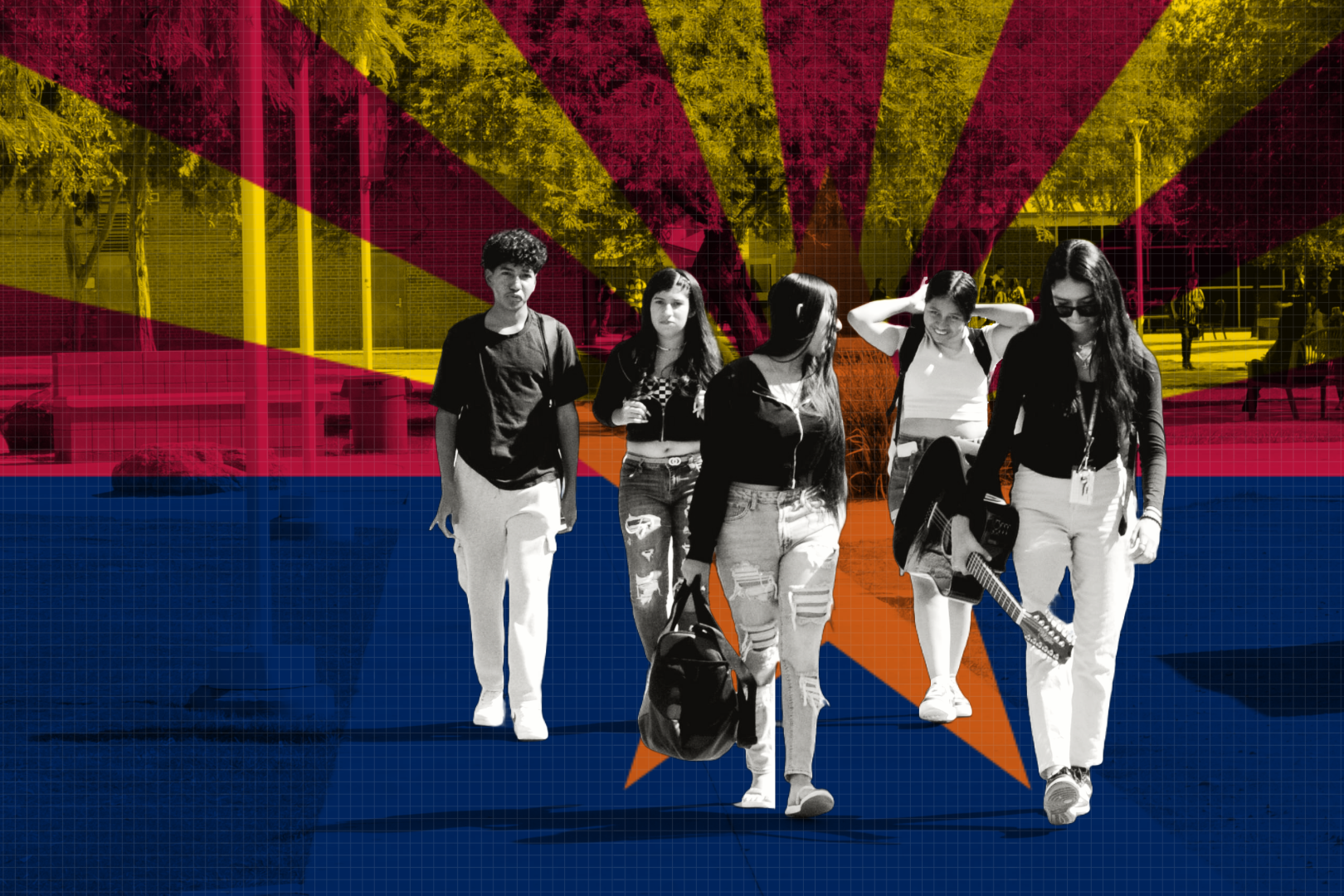
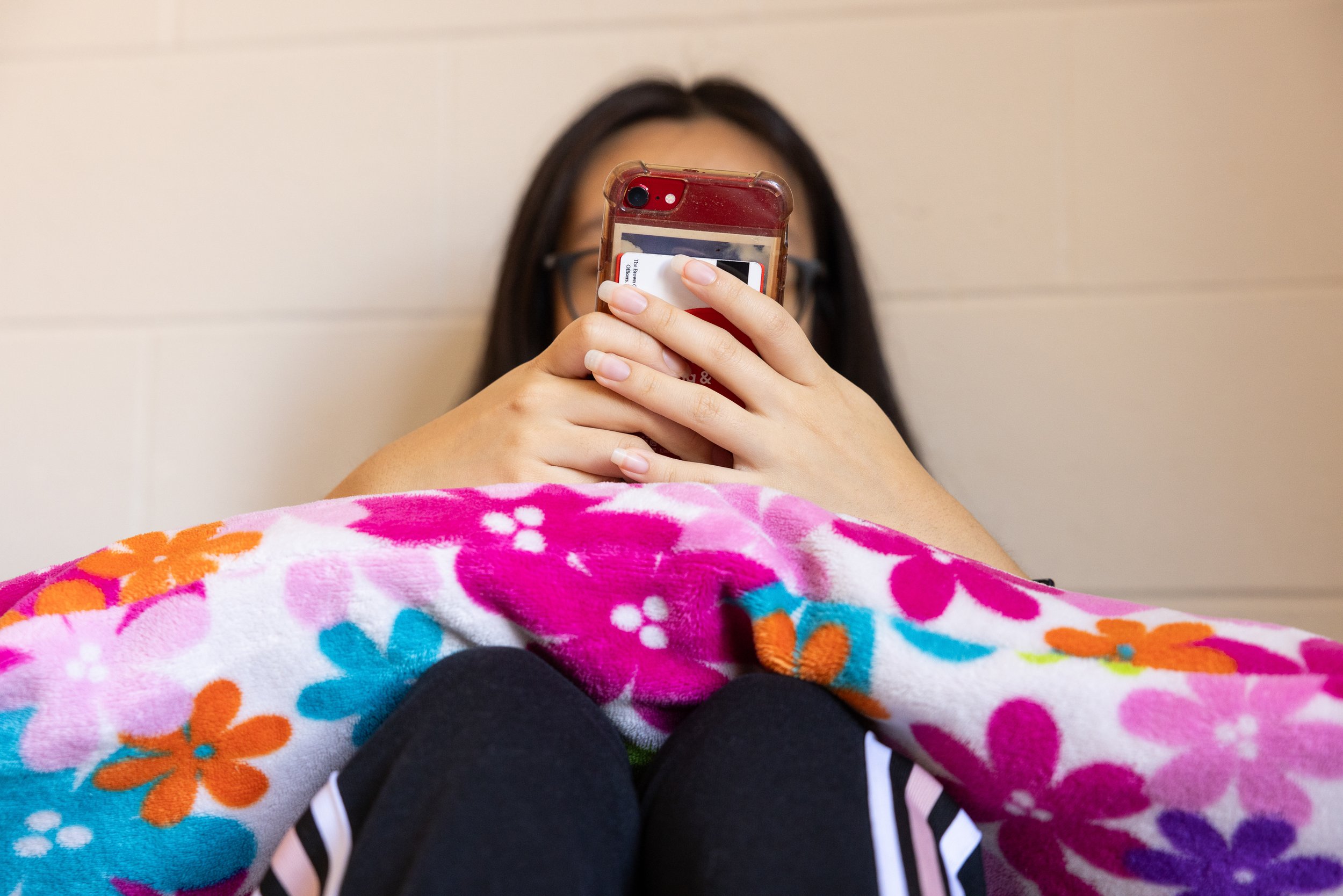
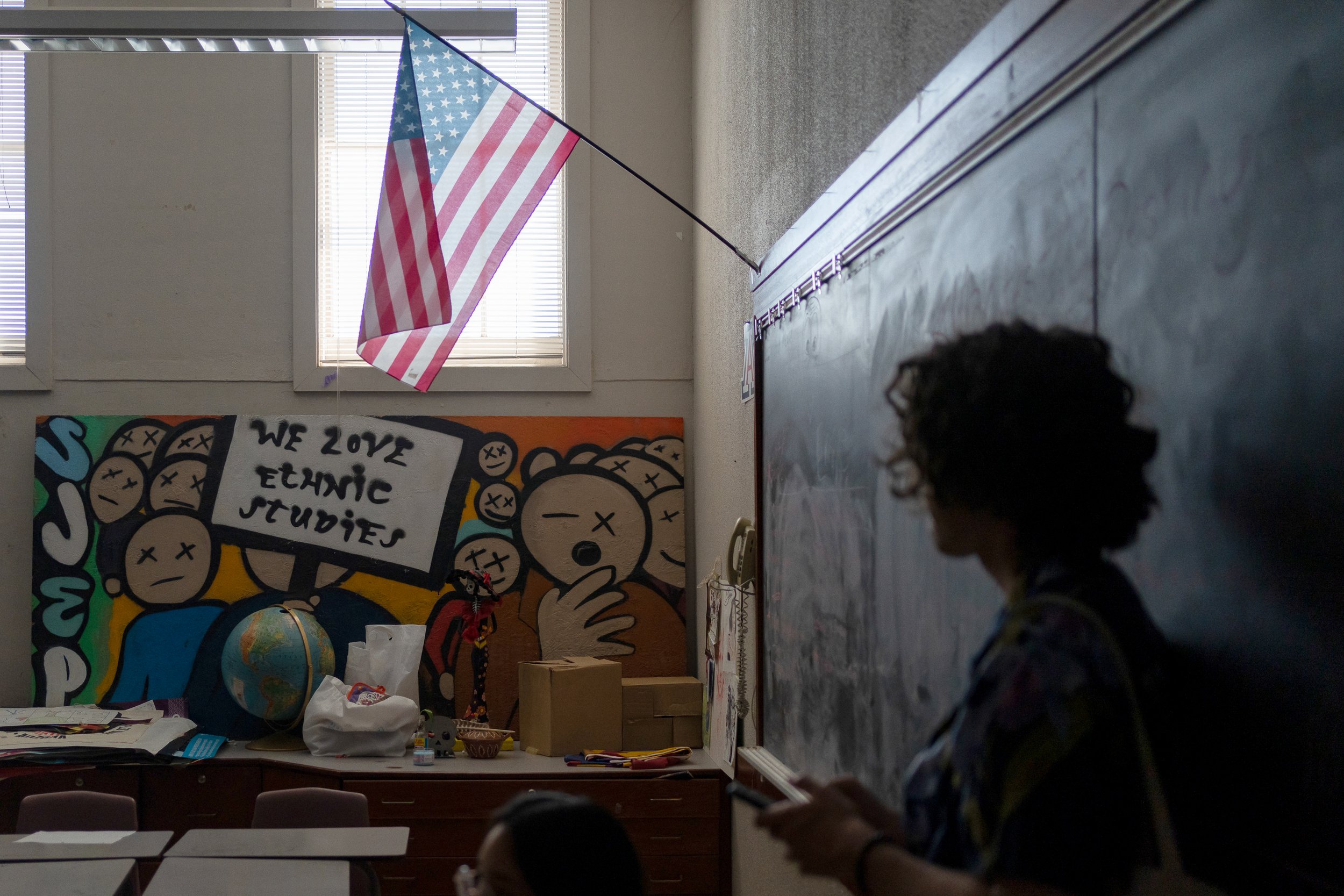
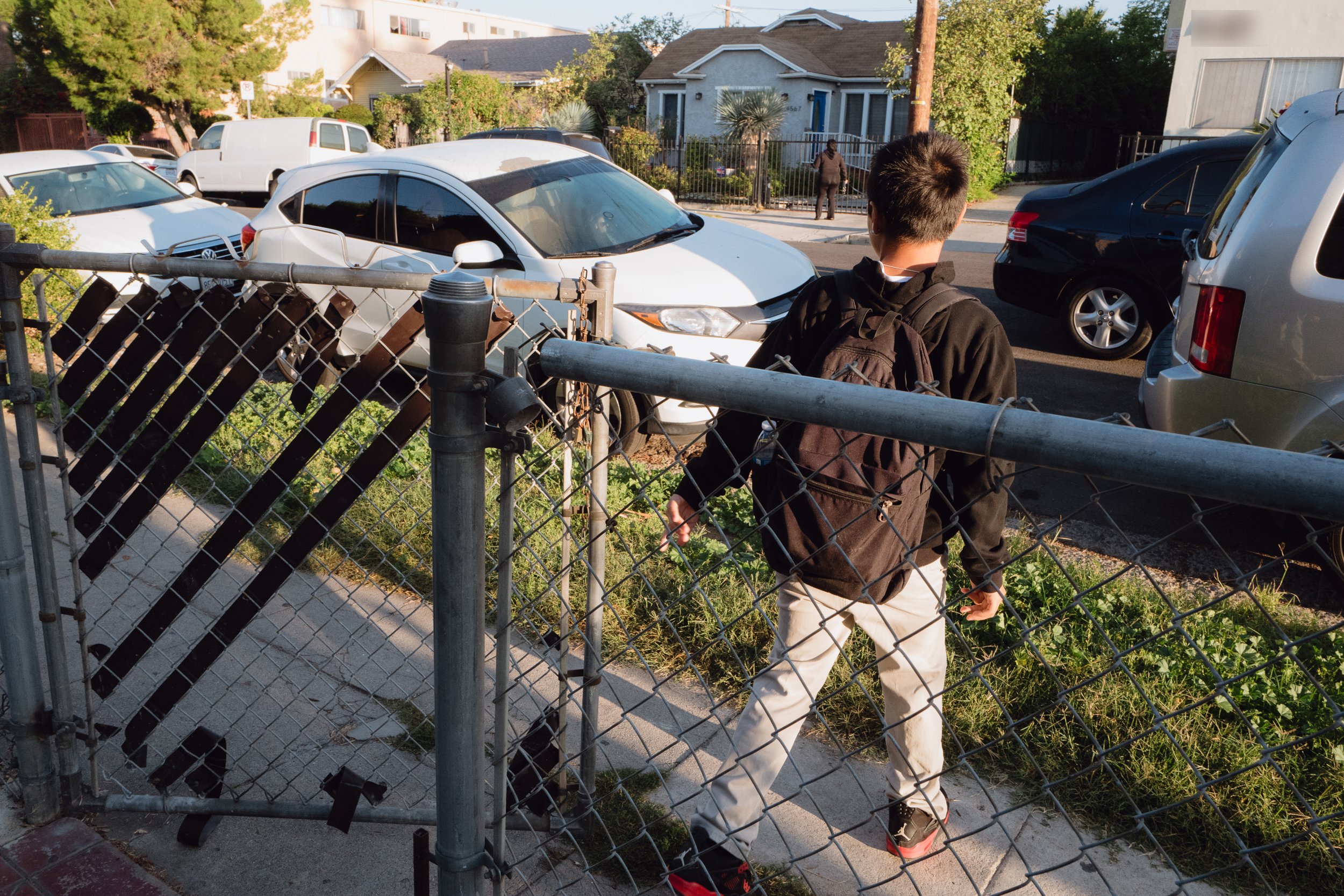







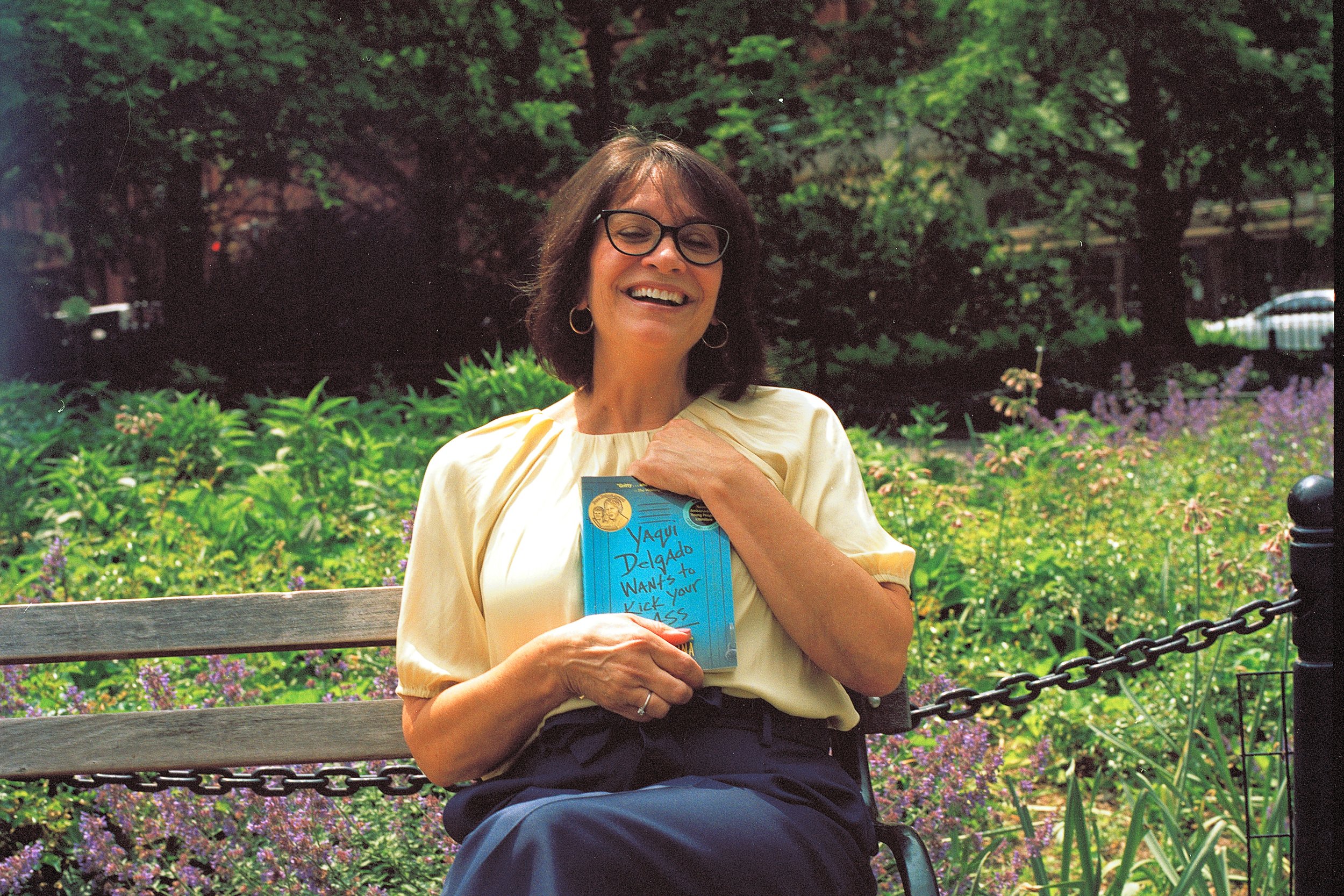

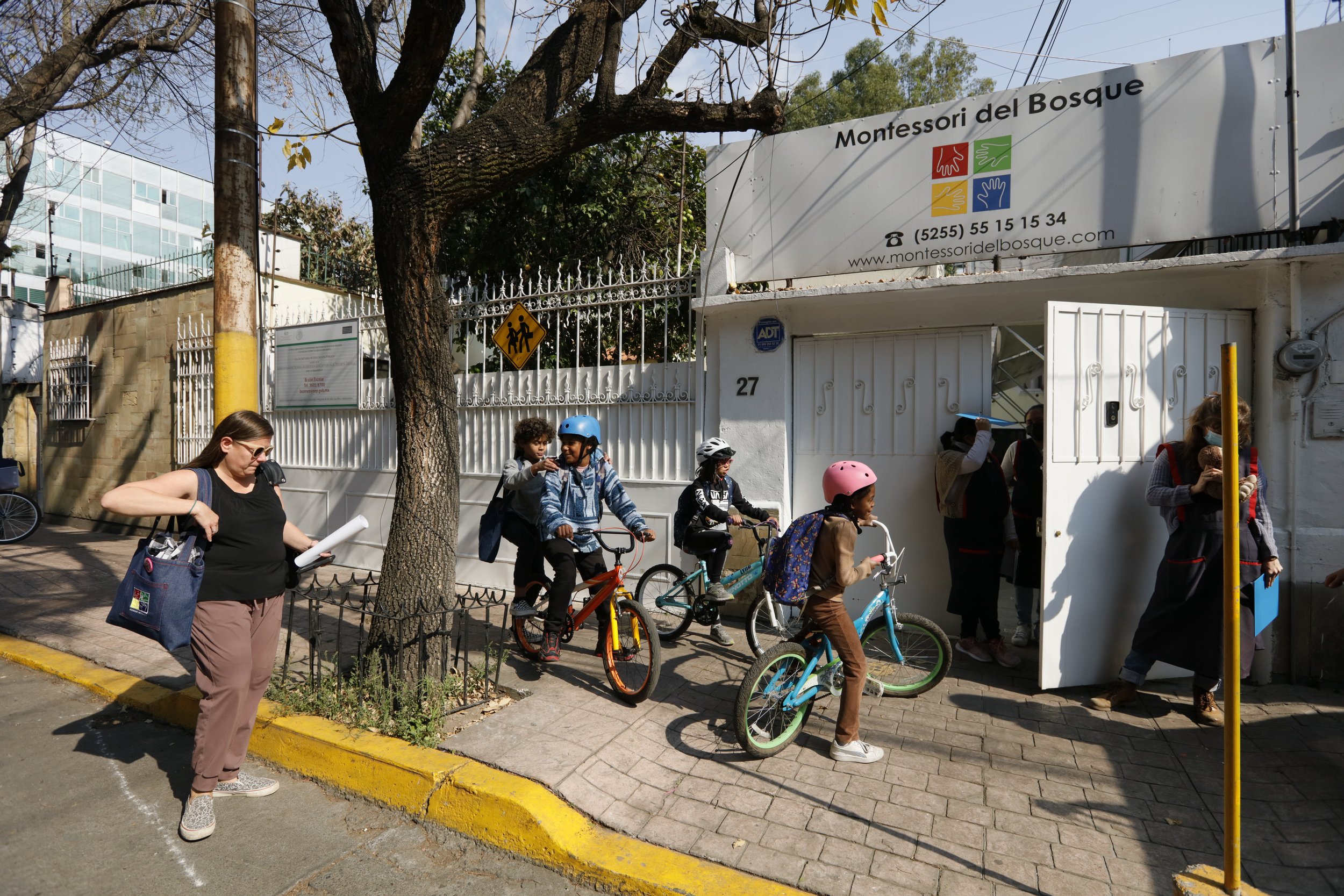
The island’s education system is unusually reliant on the agency. The Biden administration made improving it a priority — now Puerto Ricans fear what comes next.